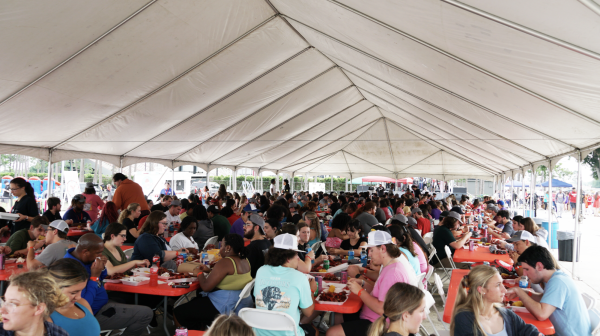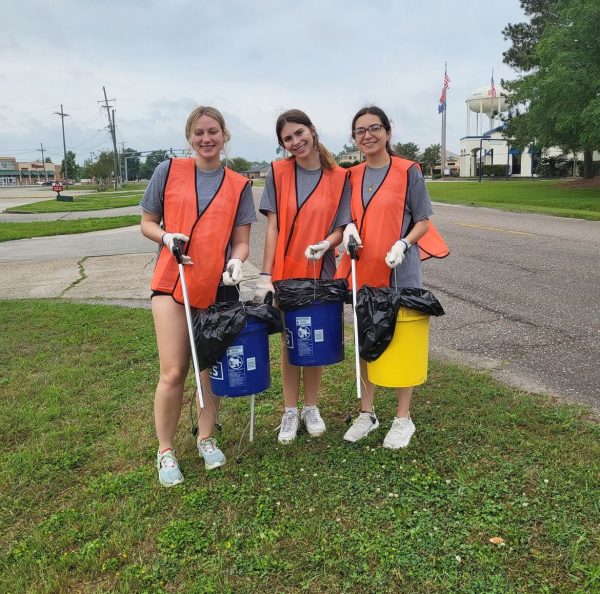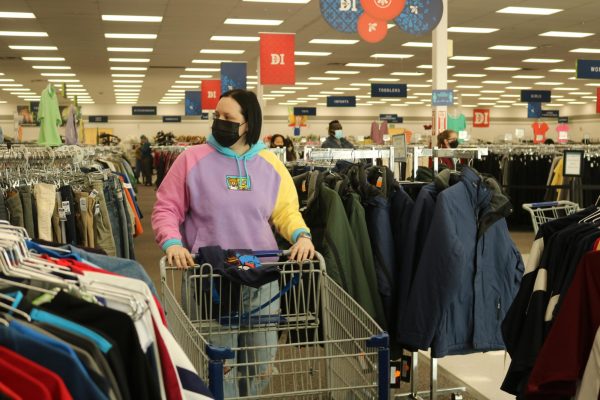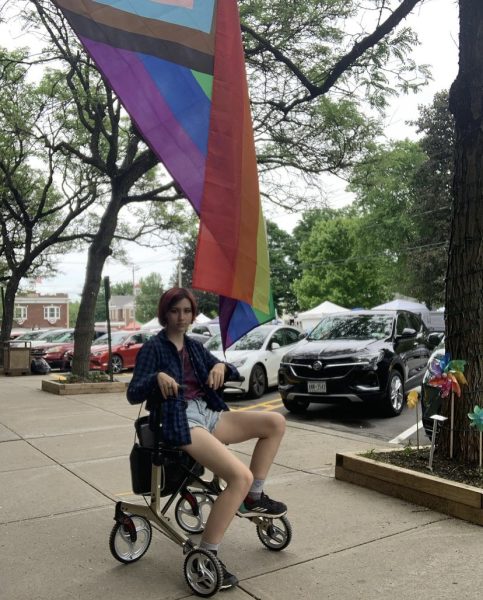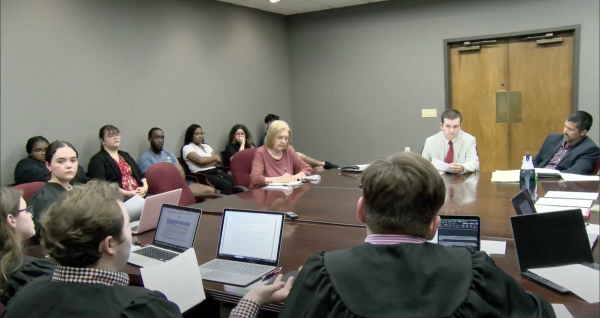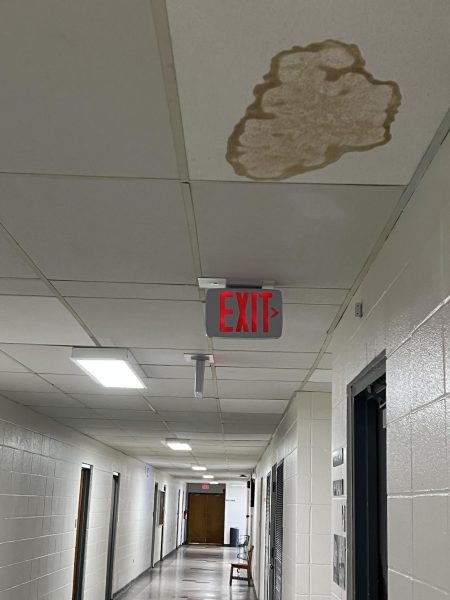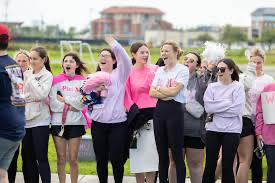On-campus sexual assault survey recently released
There have been six forcible sex offenses on Nicholls State University campus in the last three years, and the University has created different ways to bring awareness and prevention to the situation.
The results of the survey of sexual harassment were released for 2014 and its statistics show there were two cases of sexual assault last year. This number only includes cases handled judicially, not the total of situations reported.
According to a recent study conducted by the Association of American Universities, one in four female undergraduates said they were a victim of sexual assault or misconduct. The problem is many people fail to report these incidents because they do not believe the crime was serious enough. Michele Caruso, dean of Student Services, explained how these situations are reported and what happens after.
“First, we address their immediate needs and sometimes that may mean medical attention, evidence collection and sometimes it just means mental help and first aid. We help them feel safe emotionally because they feel very vulnerable. We let them know what all of their options are, if they want to report a student and go through judicial affairs and file charges against the person in that matter,” Caruso said.
Any victim of sexual assault is encouraged to report the situation to the campus police, regardless of severity. Caruso explained reporting does not require the person to file criminal charges. The University may evaluate the incident and then decide to investigate and take action.
This past week there was a Rape Aggression Defense (RAD) class provided for any student and faculty wanting to participate. Caruso explained there are three components to it. One is the mental preparation and making use of your internal power and voice. The second is ground defense, punching and kicking to prepare for an attack. Last is the simulation where a deputy from the sheriff office comes in and dresses in a big padded suit and pretends to be an aggressor to give the women practice on everything they have learned so far.
“It’s a three-night program. It’s been phenomenal. The women that are in that course are so enthusiastic. It’s a very empowering experience for them and empowering for the instructors to watch them grow from their first night to their last night,” Caruso said.
There are other ways the University raises awareness and prevention for sexual harassment. All of the housing staff is required to undergo special training to help look after their residents. Also, the University now requires all incoming freshmen, transfers and graduate students to take an online education program.
“This is the second year doing it. It covers harassment, sexual assault, domestic violence, stalking, alcohol use etc. It raises awareness and gives information on how to help. It most importantly focuses on bystander training so that students know how to look out for each other and intervene. The point is to prevent perpetrators from even thinking it’s an option to do it,” Caruso said.
Nicholls also hosts a “Take Back the Night” rally in the spring where students unite to end sexual violence in all forms.
Nicholls policy entitled Policy Regarding Sexual Assault, Stalking, Relationship Violence, & Sexual Harassment can be found on the Nicholls website for further information. Statistics for 2015 sexual assault and misconduct incidents will be released next year.



